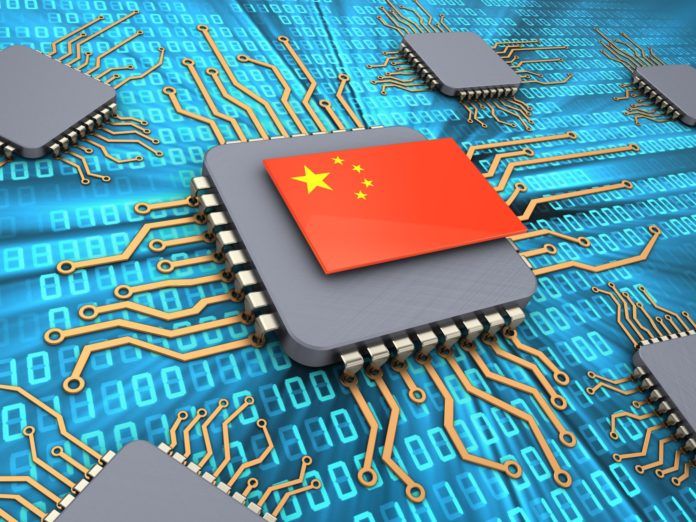Chinese scientists are planning to construct artificial intelligence (AI) chip factories in an attempt to bypass industry sanctions imposed by global powers, according to a report by the South China Morning Post (SCMP). The move aims to leverage particle accelerators to develop new laser source production techniques, facilitating on-site fabrication of AI semiconductor circuits.
The team behind this ambitious project is reportedly from Tsinghua University and is currently in talks with Xiongan New Area officials to determine the optimal location for the factory. The Chinese researchers view this endeavor as a potential way to circumvent the current sanctions imposed by the United States.
The introduction of particle accelerators in the production process would replace the role of lithography machines in creating semiconductor chips necessary for high-level AI systems. This is crucial because the Netherlands-based company Advanced Semiconductor Materials Lithography (ASML) is currently the sole provider of such lithography technology globally. However, the US has prohibited ASML from selling its high-end machines to China, similar to the restrictions placed on Nvidia, a leading AI chip manufacturer.
The megafactory being proposed by Chinese scientists could potentially house multiple lithography machines domestically. This is not the first effort by China to counter sanctions with domestic measures. Earlier this year, Chinese companies explored alternatives to develop AI systems using weaker semiconductors and different chip combinations.
Despite the sanctions, Chinese companies have continued to push ahead with AI research and development. Tencent, for instance, recently introduced its own ChatGPT competitor in the Chinese market. However, the United States has been strengthening its dominance of the AI manufacturing market, as evidenced by the recent billion-dollar agreements centered on AI chips and technology concluded during a visit to Vietnam.
The European Union is also closely monitoring the situation. European regulators are reviewing their stance on export controls and restrictions on China, prompted by unease over China’s growing prowess in AI development.
As tensions in the AI sector continue to rise, the construction of AI chip factories using particle accelerators marks a significant move by Chinese scientists to counteract sanctions and assert their country’s position in the increasingly competitive global AI industry.
#ArtificialIntelligence #China #AIChips #AIIndustry




